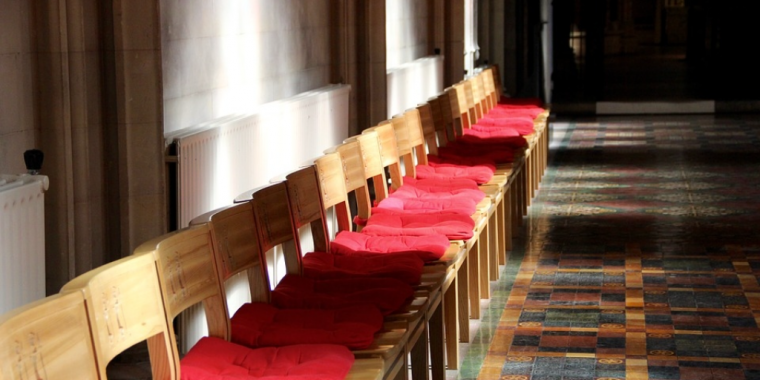What are the 4 types of churches that are doomed to fail?

Nobody likes to see churches fail, but Dr. Thom Rainer, president and CEO of LifeWay Christian Resources of the Southern Baptist Convention, says there are four types of churches that are really doomed to fail.
"Death is not a topic we enjoy. Death of churches is not a topic I enjoy," he writes on his website. "You see, I love the local church. I love it despite it's flaws, sins, and hypocrisies. Jesus loves me despite my flaws, sins, and hypocrisies."
Sadly, Rainer notes that far too many churches are dying. As a concerned Christian, he feels the need to share with congregations what they must avoid being to be able to survive.
The first type of churches doomed to fail, Rainer points out, is the ex-Bible church. "These churches have abandoned the truths of Scripture. A few are explicit in their denials. But many just give lip service to the Bible," he says.
Congregations belonging to ex-Bible churches do not study Scripture, and its pastors do not handle biblical texts. Sadly, Rainer says the Word of God has no power in this kind of churches.
The second type of churches that are unlikely to prosper is the country club church. "Members in these churches see their membership as perks and privileges," says Rainer. They want their styles of music, their worship service times, their types of architecture, and their preferred lengths of sermons. They pay their dues, so they should get their benefits."
Next type of churches that are bound to fail is the bad words church. Rainer says anyone itching to see a "good" fight should go to these churches because here church members communicate with each other using not-so-nice words.
"These are the churches where bullies go unchecked, where personnel committees and boards work in darkness, and where gossip and backstabbing are common. These churches expend most of their energy on bad words. They thus don't have the time or energy to share the good news," he says.
Lastly, Rainer says the ex-community church is also no good. These churches and their respective communities don't look alike, don't dress alike, and don't go to the same places.
"The community has changed, but the church has not. 'Those people' are on the outside. 'Our kind of people' are on the inside. The idea of building bridges to the community is resisted if not repulsive," says Rainer.
Rainer hopes that God will deliver these churches from their "death throes," noting that far too many churches are already dying.











